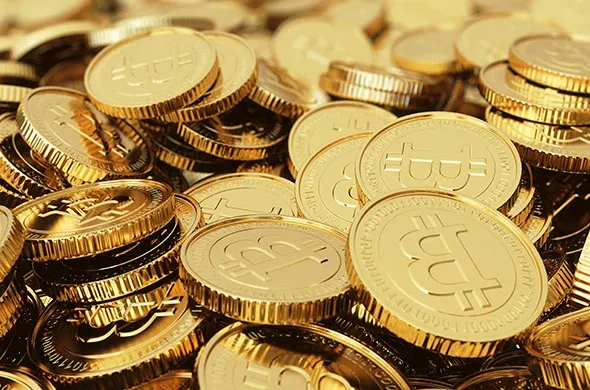US President Signs Legislation that Could Legitimize TikTok Ban
US President Joe Biden signed legislation that could lead to a nationwide ban on TikTok.

China plans to ban trading of bitcoin and other virtual currencies on domestic exchanges, dealing another blow to the $150 billion cryptocurrency market after the country outlawed initial coin offerings last week, according to Bloomberg.
The ban will only apply to trading of cryptocurrencies on exchanges, according to people familiar with the matter. Authorities don’t have plans to stop over-the-counter transactions, they said.
Bitcoin slumped on Friday after Caixin magazine reported China’s plans, capping the virtual currency’s biggest weekly retreat in nearly two months. The country accounts for about 23 percent of bitcoin trades and is also home to many of the world’s biggest bitcoin miners, who use vast amounts of computing power to confirm transactions in the digital currency.
While Beijing’s motivation for the exchange ban is unclear, it comes amid a broad clampdown on financial risk in the run-up to a key Communist Party leadership reshuffle next month. Bitcoin has jumped about 600 percent in dollar terms over the past year, fueling concerns of a bubble. The People’s Bank of China has done trial runs of its own prototype cryptocurrency, taking it a step closer to being the first major central bank to issue digital money.
OKCoin, BTC China and Huobi, the country’s three biggest bitcoin exchanges, said that they hadn’t received any regulatory notices concerning bans on cryptocurrency trading. All three venues reported transactions on Monday, with bitcoin rising on OKCoin.
While bitcoin users will still be able to trade cryptocurrencies in China without exchanges, the process is likely to be slower and come with increased credit risk, analysts said. The exchange ban is unlikely to have a major impact on the prices of cryptocurrencies globally because venues outside China will continue trading. The country’s role in the bitcoin market had already started shrinking in recent months as authorities tightened regulation.